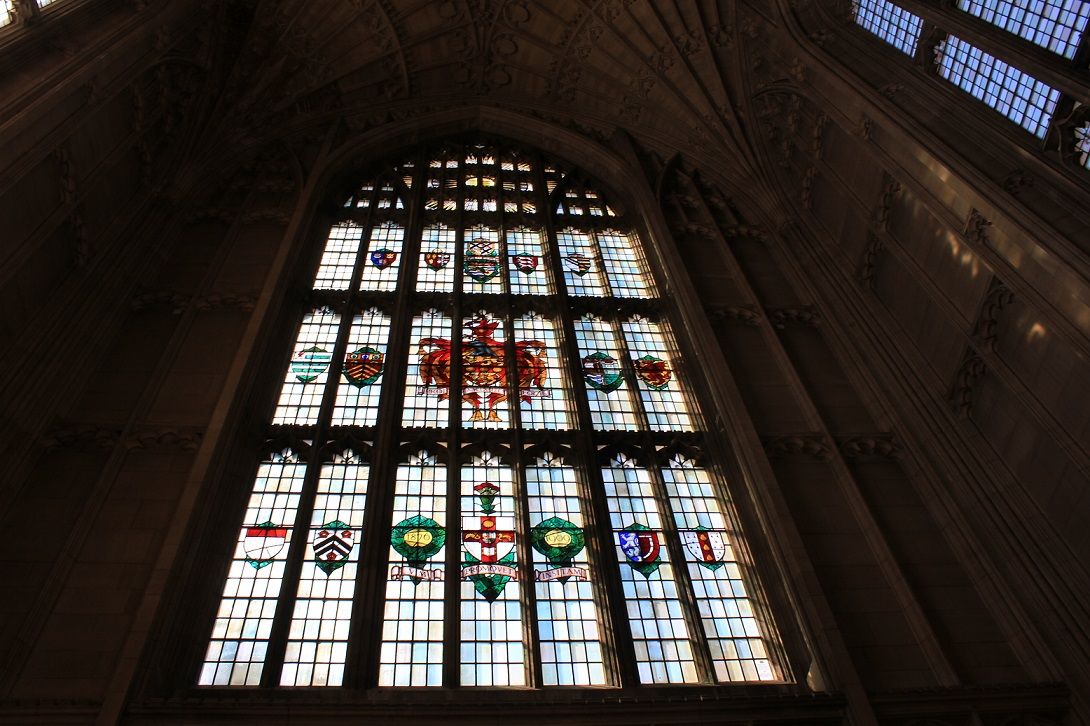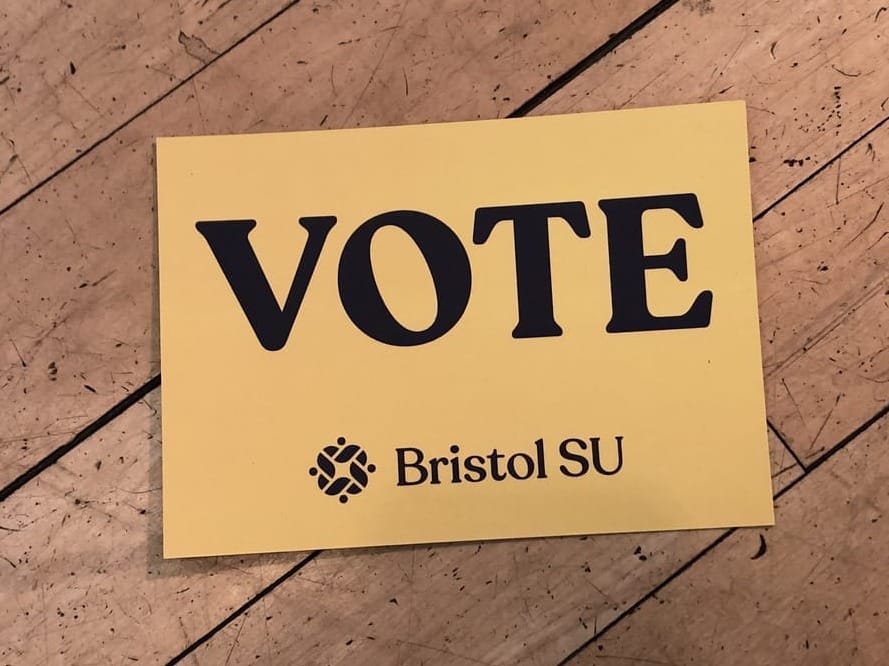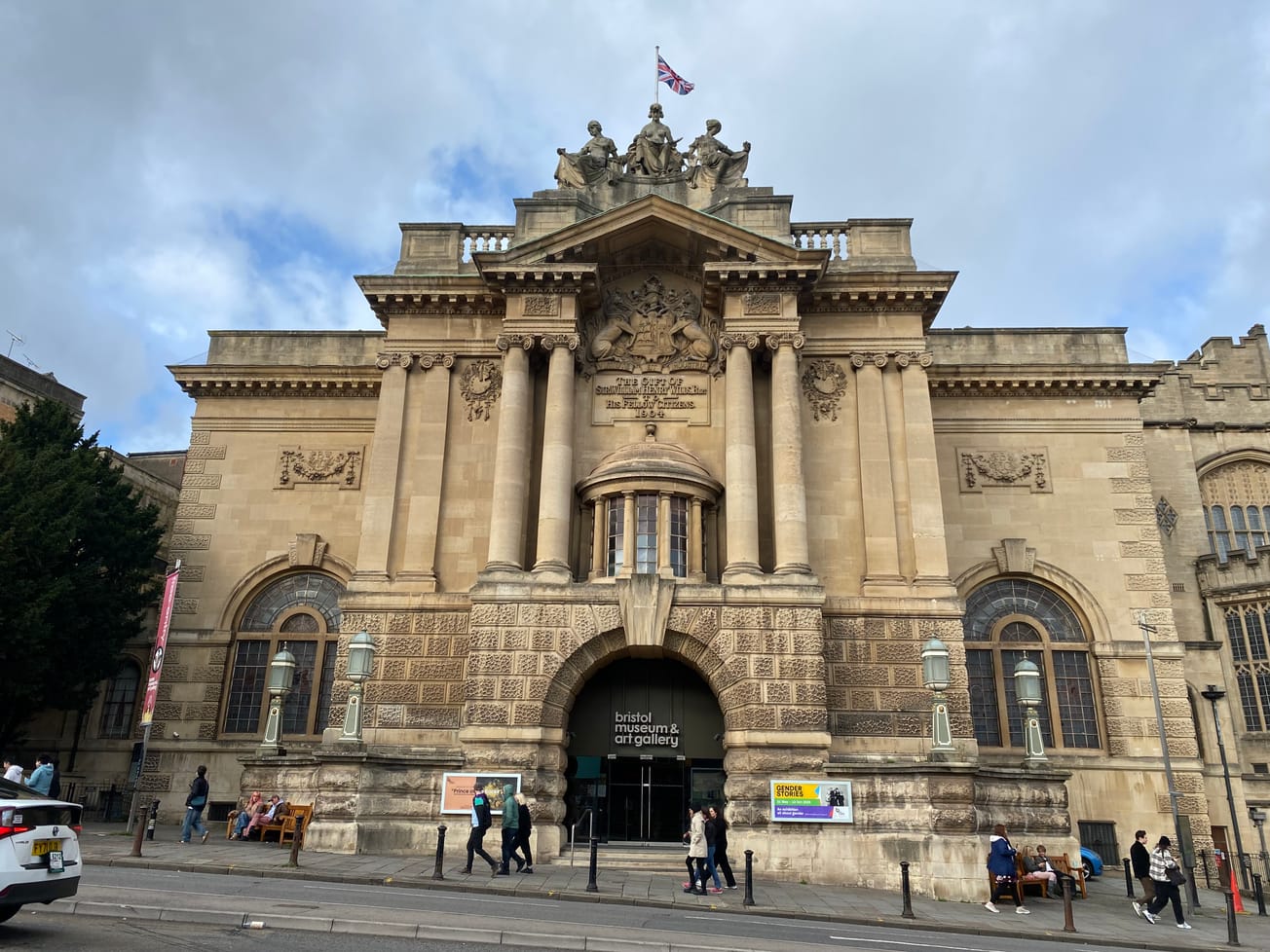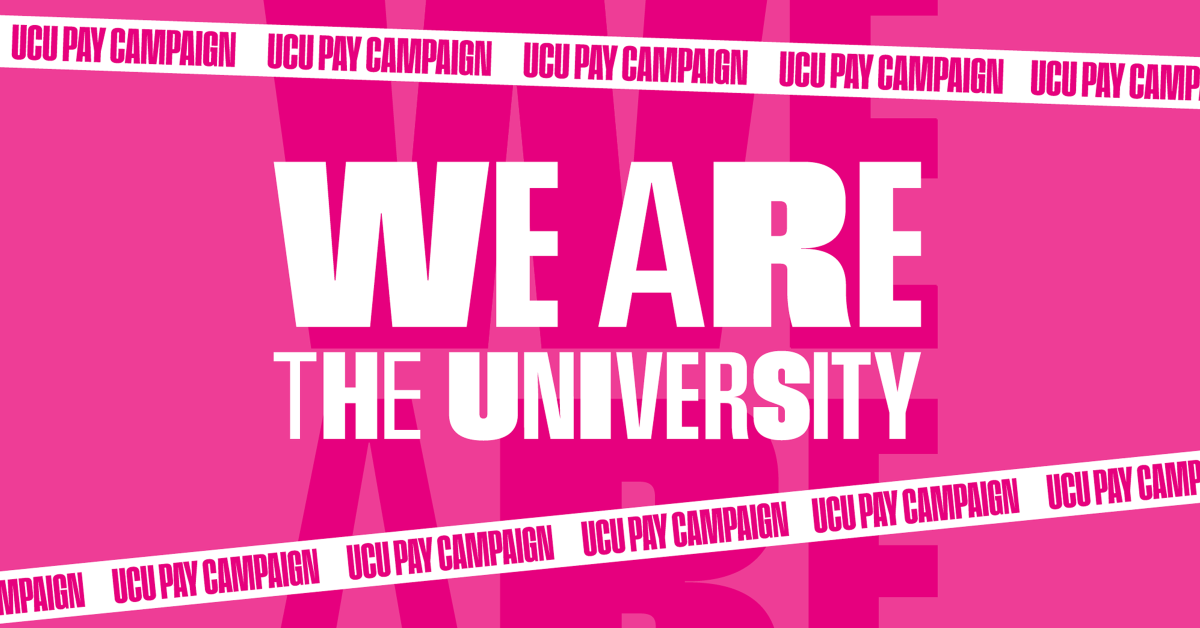By Louise Cripps, Investigations Editor
An Epigram investigation has shown that halls in the North Village residence have a greater independent school intake, ranging from 29 to 59 per cent. Only 26 per cent of all the students in halls are privately educated.
The halls of North Village residence, more fondly known as Stoke Bishop, hold a significantly higher proportion of students educated at independent schools. Halls in Stoke Bishop, which are predominantly catered, are notably more expensive than their City Centre counterparts.
Churchill Hall tops the chart this year, with a significant 59 per cent of its students having been independently educated. Wills follows with 54 per cent of its cohort from private schools.
Bristol Uni scheme offers disadvantaged places to private school pupils: https://t.co/k9rxPnvPhT pic.twitter.com/mUJUfGRU9m
— Bristol24/7 (@bristol247) March 1, 2017
Badock holds 49 per cent and Hiatt Baker 42 per cent. Durdham and University Hall, North Village’s non-catered halls, are lower, with the former 29 per cent privately educated and the latter 20 per cent.
The North Village residence website reads 'We're a diverse, inclusive and vibrant community.'
Halls located outside of this suburban residence have significantly lower proportions of privately educated students. Northwell House is the lowest with only 5 per cent of its residence from independent schools. The larger residences are also notably lower. Favell House holdings 13 per cent, Riverside 10 per cent and New Bridewell 17 per cent. The average intake of independently educated students for halls outside of Stoke Bishop is 14 per cent in 2018-2019.
The 93% club, a Bristol society 'concerned with providing a space for low income students to feel represented' commented on the findings. 'The 93% Club are shocked but not surprised by the findings of the state and private school divide in student accommodation'. They went on to note that 'the higher percentage of private school students living in Stoke Bishop is a barrier to those outside of this bubble.'
The society believe this will have an adverse effect on, 'financial and social inclusion, especially acknowledging how important first year accommodation is in forming friendships and shaping your university experience.'
'The higher percentage of private school students living in Stoke Bishop is a barrier to those outside of this bubble'
In urging future change they commented: 'Bristol University needs to take a greater responsibility in ensuring that University life in all respects is accessible and non-exclusionary for all students.'
Halls prices between the villages are wide ranging. The average 'catered room with basin' in Badock and Hiatt Baker costs £7,559 per annum, whilst the same room in Wills and Churchill costs £8,080. Costs can rise further with a single catered studio apartment in Churchill Hall costing £10,551 per annum.
This cost difference is not merely down to the largely 'catered' status of north village. A self-catered room with basin in Hiatt Baker costs £6,492, but an equivalent room in Hillside Wood or Northwell House would cost £4,114.
A second-year history student, who was in the North Village residence last year, told Epigram: 'The class divide is so blatant. No joke it’s like the iron curtain between City Centre and Stoke Bishop'.
A student from Waverley House reported: 'It feels so elitist. Stoke Bishop has the most desirable halls, socially speaking, but they’re so expensive.' The same student argued that 'it prevents integration at University, you get whole social circles that are state or privately educated.'
Another student from Favell House described North Village residence as, 'a kiddies' members club; a protective bubble for all the rich kids.'
A University of Bristol spokesperson said: 'We aspire to a fully inclusive culture and when allocating students to residences strive for gender-balance, a mix of home and overseas students, as well as students from a variety of faculties.
'We recognise that some students have preferences for certain types of residences over others, and that this may partly relate to cost. This is something that we will continue to monitor and address where possible.
'We actively monitor costs against other institutions and other accommodation in the city and try to provide a range of rental offers to suit different students.'
Featured image: Cameron Scheijde / Epigram
Does the University have a problem with social stratification between halls?









